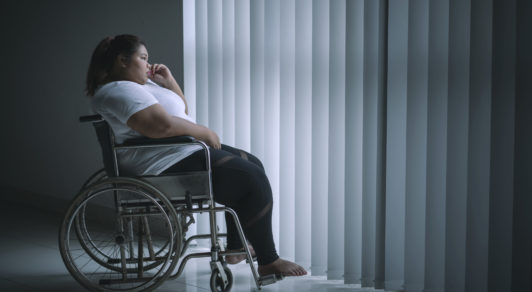The COVID-19 crisis laid bare the disastrous consequences of longstanding racial and gender inequities in our economy. The ongoing economic recovery has not been even. Women were far more likely than men to work in part-time, low-paid, and tipped jobs, meaning women were often struggling to make ends meet before this crisis ever hit – and faced a higher risk of losing their jobs as retail stores, restaurants, and other service sector businesses were forced to lay off workers or close their doors entirely.
Between February and April 2020, women lost 12.2 million jobs, reversing an entire decade of job gains since the end of the Great Recession. Women of color have been hit particularly hard by these losses, and unemployment rates for Black women, Latinas, and other groups remains higher than the overall unemployment rate. As we continue to recovery from the crisis, the analyses featured here will crunch the numbers from the monthly jobs reports from the Bureau of Labor Statistics (BLS) and track its effects on women.



































